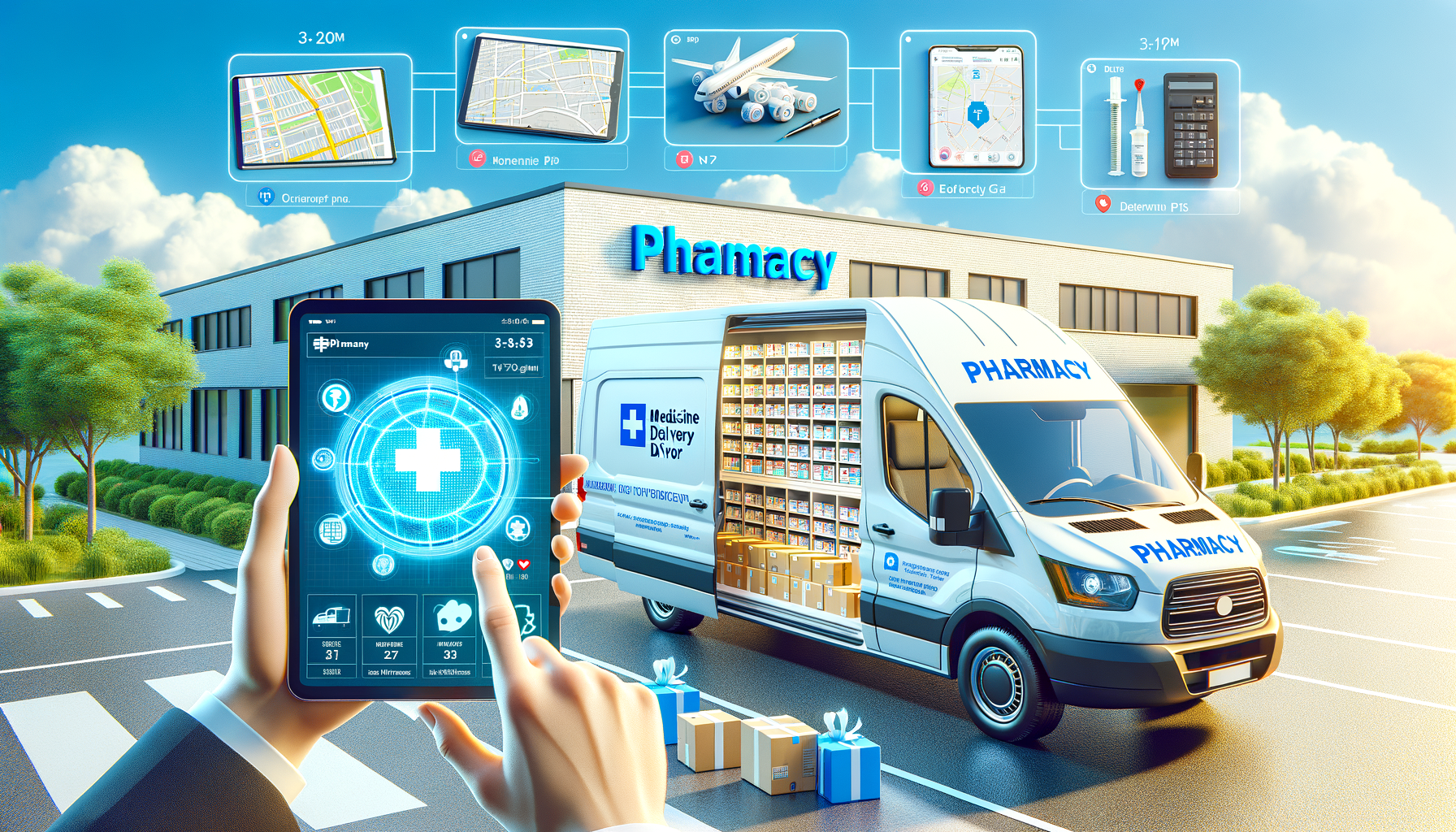The Growing Importance of Medicine Delivery Drivers
In today’s fast-paced world, the demand for convenient healthcare solutions is on the rise. Medicine delivery drivers play an essential role in this evolving landscape by ensuring that patients receive their medications promptly and safely. With the increasing reliance on home deliveries, particularly in the wake of global health challenges, the importance of these drivers has never been more pronounced.
Medicine delivery services cater to a wide range of individuals, including those with mobility issues, the elderly, and those living in remote areas. By providing a reliable link between pharmacies and patients, these drivers ensure that individuals have access to necessary medications without the need to travel. This service not only enhances patient convenience but also promotes adherence to prescribed treatments, which is crucial for effective healthcare outcomes.
Moreover, the role of medicine delivery drivers extends beyond mere transportation. They often serve as a vital point of contact for patients, providing reassurance and answering basic queries about delivery schedules. This added layer of personal interaction can significantly improve the patient experience, fostering trust and reliability in the service provided.
Essential Skills and Qualifications for Medicine Delivery Drivers
Becoming a medicine delivery driver requires a unique set of skills and qualifications. While the job may seem straightforward, it demands a high level of responsibility and attention to detail. Here are some key skills and qualifications needed for this role:
- Valid Driver’s License: A clean driving record is essential for ensuring safety on the road.
- Time Management: Deliveries must be made promptly to ensure patients receive their medications on schedule.
- Attention to Detail: Accuracy in handling and delivering the correct medications is crucial.
- Customer Service Skills: Drivers often interact with patients, requiring a friendly and professional demeanor.
- Basic Knowledge of Health and Safety Regulations: Understanding of protocols for handling medications safely is important.
In addition to these skills, a background check is typically required to ensure the trustworthiness of the driver, given the sensitive nature of the deliveries. Some companies may also provide training on specific procedures and regulations related to medicine delivery.
Challenges Faced by Medicine Delivery Drivers
While the role of a medicine delivery driver is rewarding, it is not without its challenges. One of the primary challenges is navigating traffic and weather conditions to ensure timely deliveries. Delays can impact patient health, making time management a critical aspect of the job.
Another challenge is handling sensitive medical information. Drivers must ensure that patient privacy is maintained at all times, adhering to confidentiality agreements and regulations. This responsibility requires a high level of integrity and professionalism.
Additionally, drivers may encounter difficult situations, such as delivering to patients who are unwell or in distress. In these cases, empathy and effective communication skills are essential to provide reassurance and support. Drivers also need to be prepared to handle any issues that may arise during delivery, such as incorrect addresses or unavailable recipients.
Technology’s Impact on Medicine Delivery Services
Technology has significantly transformed the landscape of medicine delivery services. With the advent of mobile apps and GPS technology, drivers can now optimize routes for efficiency, reducing delivery times and fuel consumption. These technological advancements have made it easier for drivers to manage their schedules and ensure timely deliveries.
Furthermore, digital platforms have enhanced communication between pharmacies, drivers, and patients. Real-time tracking allows patients to monitor the status of their deliveries, providing peace of mind and reducing anxiety about receiving their medications on time.
Technology also facilitates better inventory management and order accuracy. By leveraging digital systems, pharmacies can ensure that the correct medications are dispatched, minimizing the risk of errors. This integration of technology into medicine delivery services has not only improved efficiency but also enhanced the overall quality of service provided.
Future Prospects for Medicine Delivery Drivers
The future of medicine delivery drivers looks promising, with a growing demand for their services. As healthcare systems continue to evolve, the need for convenient and reliable medicine delivery will only increase. This trend is further supported by the aging population and the increasing prevalence of chronic conditions that require regular medication management.
Innovations in autonomous delivery vehicles and drones may also shape the future of medicine delivery. While these technologies are still in the early stages of development, they hold the potential to revolutionize the industry by offering even faster and more efficient delivery solutions.
Overall, the role of medicine delivery drivers is set to remain a vital component of the healthcare system. By adapting to technological advancements and maintaining a focus on patient care, these drivers will continue to play a crucial role in ensuring that individuals receive the medications they need.




Leave a Reply